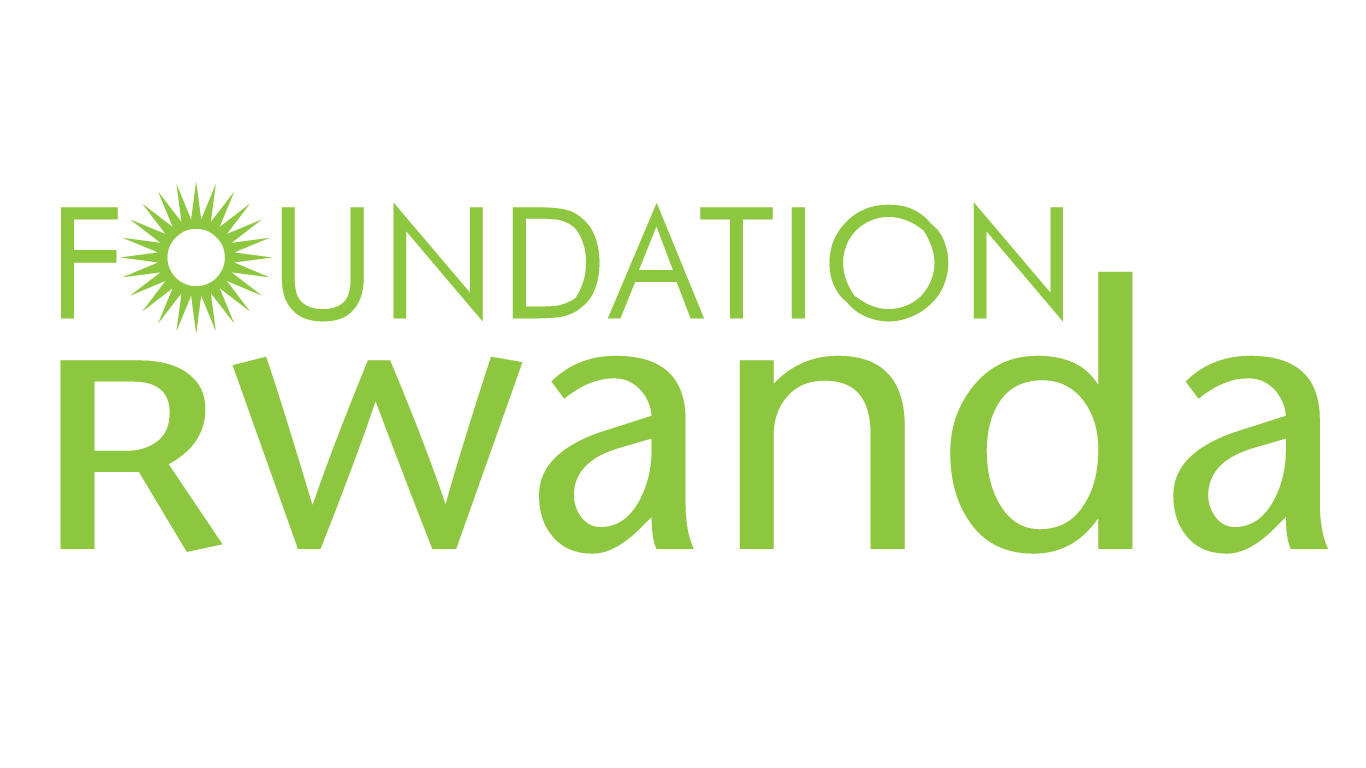Juliette and Her Mother, Philomena
Kigali, Rwanda
Philomena and Juliette.
One day my mother told me that she wanted to take me to a café and have a Fanta, so we went there and when we started drinking, she said, “You always ask me about who your father is and I have been avoiding telling you, but you know, during the genocide the Hutu militia killers, the Interahamwe, raped me and as a result I conceived you and you were born. I don't know where that man who raped me is, but that is how you were born. So in the future don't ask me this question expecting to get an answer about who your father is.” And she stopped there. Then I asked my mother what did my father look like, and does he have any relatives that she knows. My mother said, “I don't know about his relatives, and I don't want to think about him, I don't even remember what he looks like.”
After my mother disclosed this to me I felt very very sad. I was crying and she was crying. I asked her, “Why I was born in that way?” My mother tried encouraging me: “You had no choice about how you were born. Don't despair, don't lose hope. I told you things and wanted you to have questions answered but now you are in despair, I don't want you to feel unhappy. I could have aborted you and you would not live. But you are here, I love you, and I’m now happy to be your mother, I will support you.”
When growing up I sometimes noticed being treated differently. My mother was very harsh with me and said, “Look how you look!” She would blame me for everything. But now after what she disclosed to me I understand why. When I was a little girl, I didn't feel loved, and it’s probably because of how I was born, my mother didn't care much.
After we talked and she disclosed to me how I was born and what she went through during the genocide I can say that my relationship with my mother improved a lot, especially after my little brother was born and I helped my mother look after him and look after her when she was sick. I actually feel sorry for her, and I want to be friends with her. Now she is even proud of me; before she didn't want people to visit us at home and see me.
I am a reminder to my mother of what happened to her, and every time she is not feeling well or sad, it affects me because I think perhaps she is thinking about how I was born. Knowing what she went through for me to be born and raise me is evidence that she cares about me, which motivates me not to despair. I want to be a good girl and make her happy and make her forget about what she went through.
Knowing my father is a killer and rapist makes me feel very sad. It makes me feel guilty that my father raped my mother and even wanted to kill her. Now I am living with my mother whom my father wanted to kill, and it makes me feel sad and guilty for what my father has done. One time we visited a genocide memorial site and they showed us what happened during the genocide. I saw how men raped women, and to think that I am a product of the rapist and killer himself makes me feel I am partly responsible for what he did because I’m his child, so that is what makes me feel guilty and makes me feel that perhaps I have some responsibility for what he did because I am his daughter.
The biggest challenge I foresee in the near future is, when I get married, how will I tell my husband what I am if he asks me? Will I tell him I was born from a killer? What will I tell my husband? So the lack of a father in the family is a big challenge for me. What will I tell my children? So I just say my father died… and this will go on for the next generations. I won't want to tell my husband who I am and how I was born. It's a sad experience to share.
My message to the world for the 25th commemoration of the genocide is mainly directed to the young people born as a result of rape: for them to have hope and courage in life, and not to think that because of how they were born they have no future but to live a life knowing there is a future and that they have potential. And also for the families of those children, to be more loving and caring toward those children who were born because of conflict and rape.
-Juliette, daughter of Philomena, 2018


